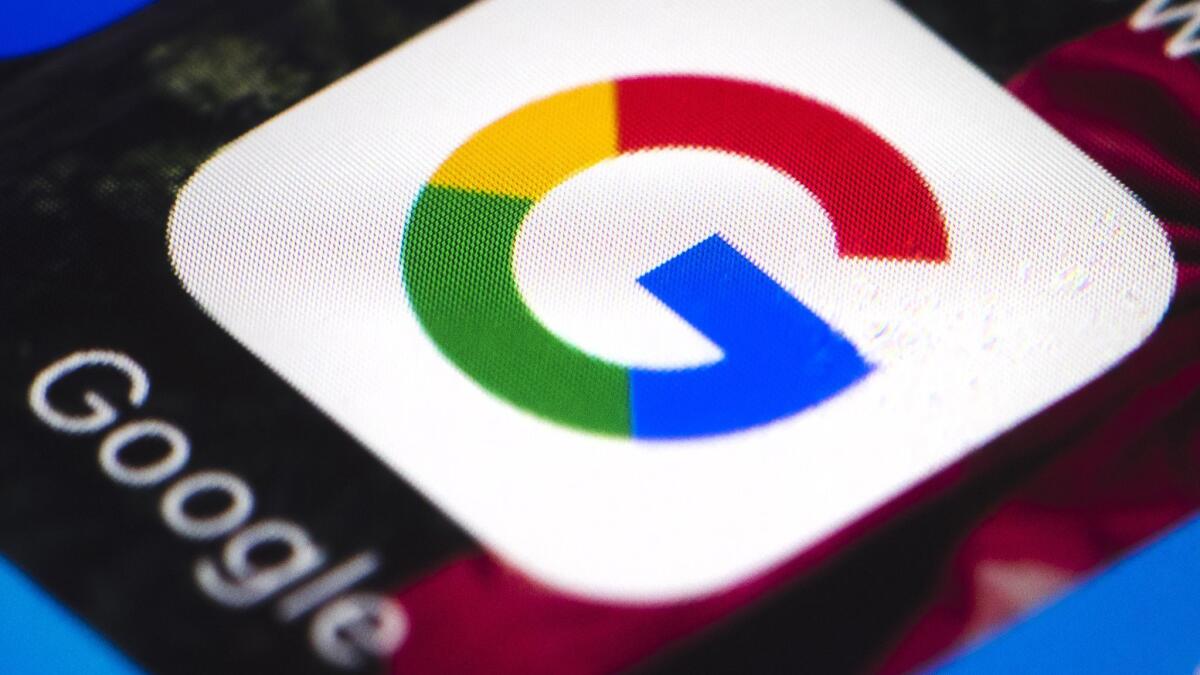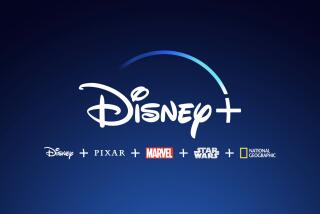Google unveils new digital ad formats, and Facebook issues a warning

- Share via
Google is giving advertisers a ton of extra digital real estate, adding new promotional formats to online search, YouTube and its increasingly popular Discover service.
Meanwhile, Facebook Inc. is close to rolling out a long-awaited privacy feature, but it issued a warning to advertisers that improved privacy for users will have at least one key trade-off: weaker targeting.
Google’s new features, unveiled at a conference Tuesday, could ease investor concerns that the internet giant is running out of new places to run ads.
Alphabet Inc.’s Google dominates online advertising, raking in $116 billion in sales last year. But an unusual slowdown in the last quarter dented its stock price. Some of the worry is that Amazon.com Inc. and Facebook Inc.’s Instagram service are becoming the go-to spots for marketers hunting for online shoppers.
Google’s response is to provide more ways for retailers to spend — and more ways for shoppers to buy. The company said Tuesday that it would soon offer targeted ads for retail products on Gmail, Google Images, the YouTube mobile app and its voice-based digital assistant, among other services.
The company will also start serving ads on its personalized news feed — a revamped version of search called Discover. In September, Google said 800 million people used Discover each month. The company didn’t provide newer figures Tuesday or share how often ads would run there.
Google is also remaking its shopping service to try to keep pace with Amazon. A new website will display personalized results and offer a digital shopping cart. Eventually, Google will launch a stand-alone shopping app, Oliver Heckmann, a company vice president, said in an interview.
One promising revenue stream could come from these shopping features showing up on YouTube. Google plans to offer YouTube viewers a way to buy products during a clip without ceasing to watch the video. Google will take a commission on sales and split the money with YouTube stars. “We are still thinking through the business model for that,” Heckmann said.
Facebook, for its part, reiterated Tuesday that its Clear History privacy feature will launch “in the coming months” and warned advertisers that weaker ad targeting could result.
Facebook first announced Clear History more than a year ago — a response to the Cambridge Analytica data scandal that attempts to demonstrate the company’s commitment to protect users’ personal information. That product, which will enable Facebook users to separate their internet browsing history from their profiles, has not yet been unveiled, and the company said it has been a more difficult technical challenge to build than expected.
In a blog post Tuesday, Facebook said advertisers should prepare for the fact that decoupling browsing data from profiles means the company’s targeting won’t be as strong.
“When someone disconnects their off-Facebook activity, we won’t use the data they clear for targeting,” Facebook explained. “Businesses should keep this in mind when developing strategies for these kinds of campaigns in the second half of the year and beyond.”
There are still many questions about Clear History, among them how easy it will be for Facebook’s 2 billion users to implement and, as a result, how many people will use it. Still, the blog post is a rare example of the company acknowledging that a new product could hurt its advertising business. Facebook makes about 99% of its revenue from ads.






